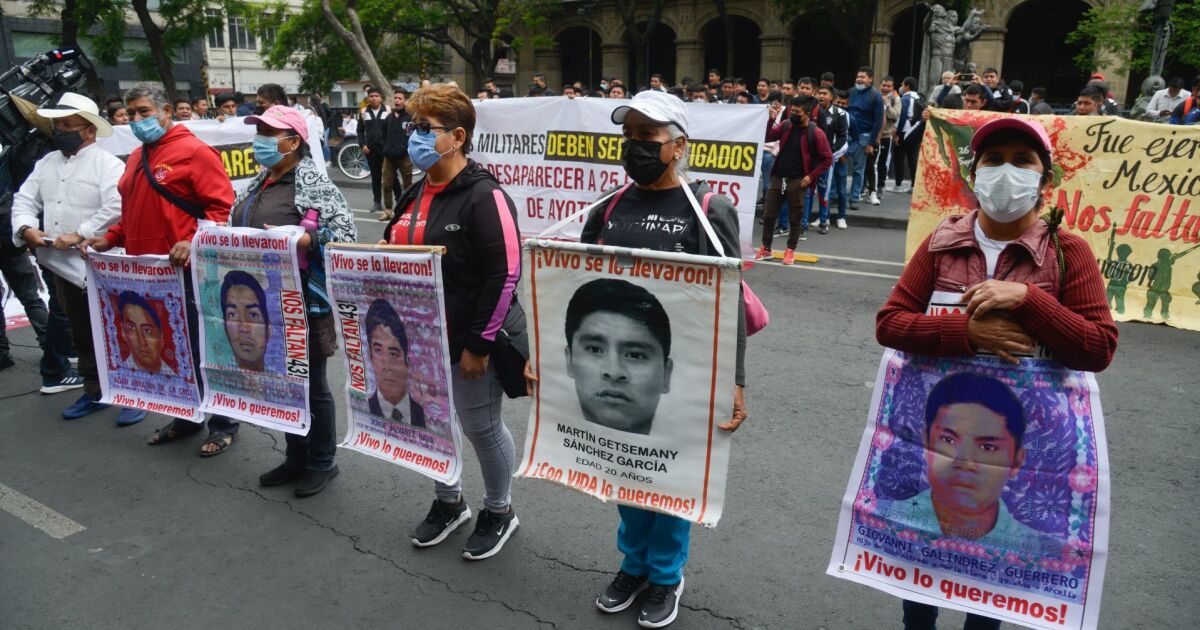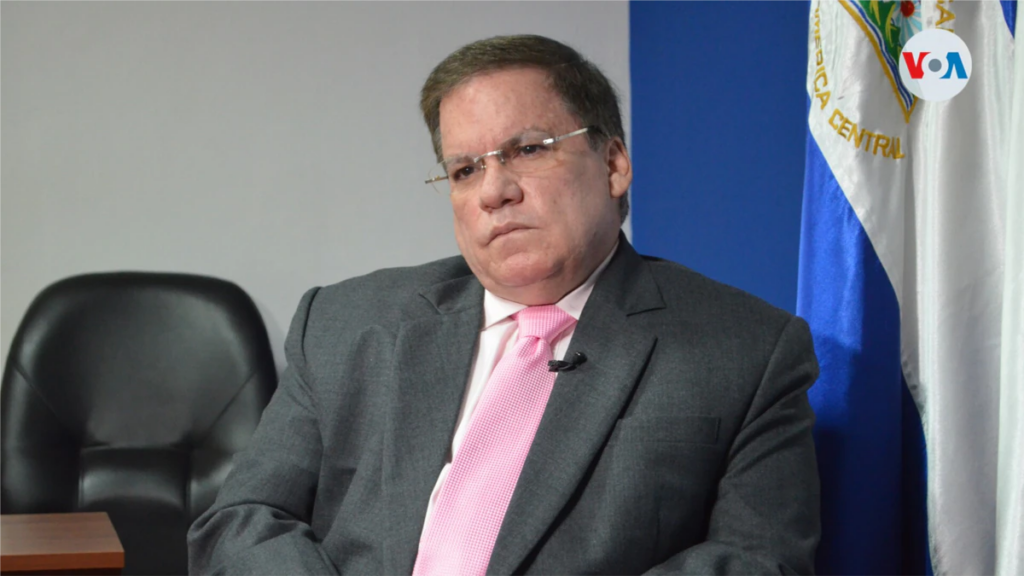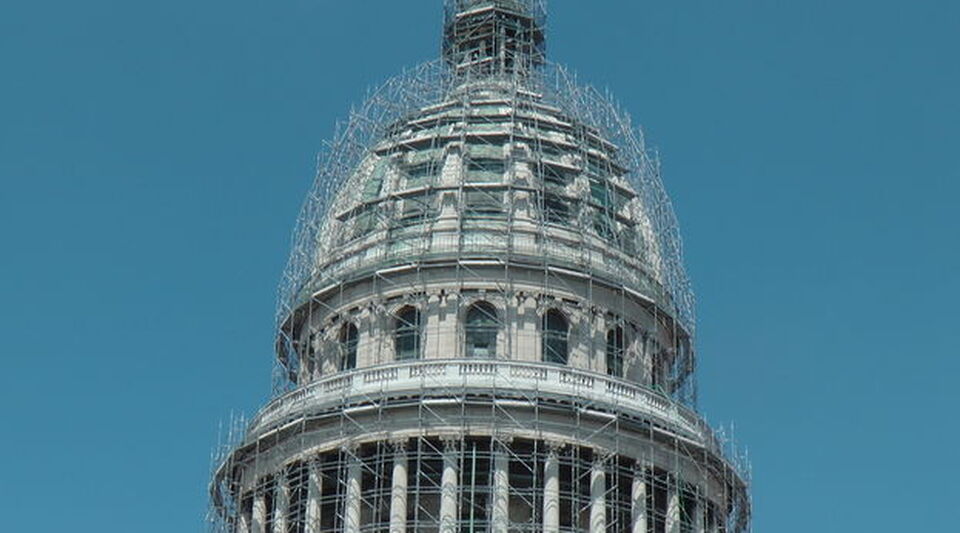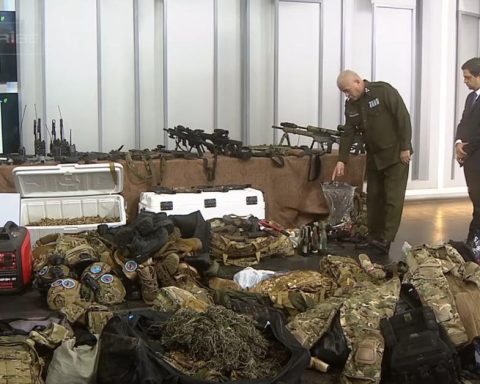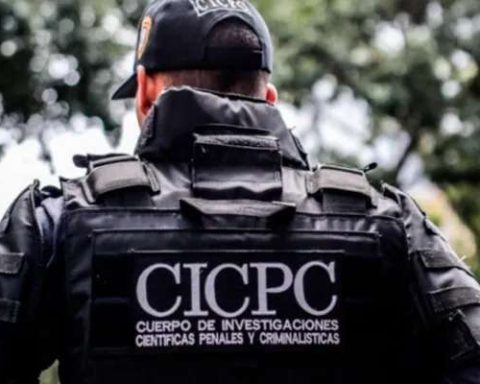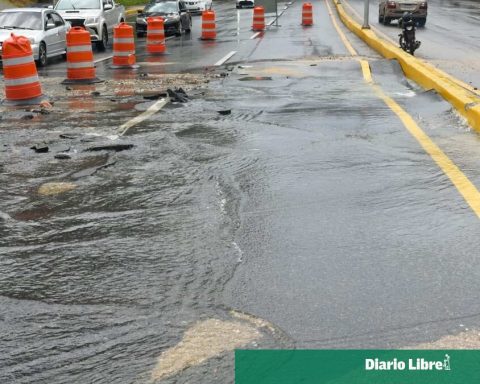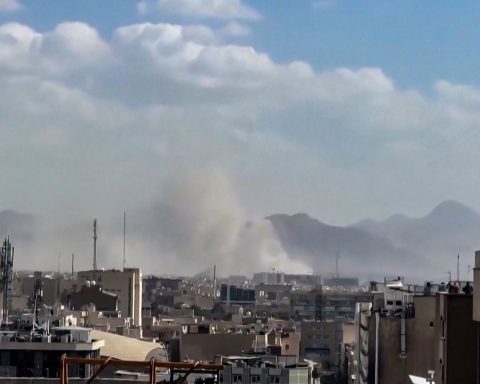? Relatives of the normalists of #Ayotzinapa They appreciate the solidarity. Today, due to the severity of what was reported, they have decided to analyze in depth the report presented by the Commission and the technical opinion of the #GIEIbefore fixing a posture. pic.twitter.com/q5i1WSs7jz
– Center Prodh (@CentroProdh)
August 18, 2022
“The report presented by Alejandro Encinas, Undersecretary for Human Rights, acknowledges that there have been military and ministerial obstacles in the Ayotzinapa case,” he added.
no clues
“There is no indication that the students are alive, on the contrary, all the testimonies and evidence prove that they were cunningly killed and disappeared,” Encinas stated this Thursday as one of the conclusions of the Report of the Presidency of this commission of the Ayotzinapa case.
The official assured that it was a State crime in which there were links between authorities, municipal police and the Guerreros Unidos criminal group for the persecution, capture and disappearance of the 43 young people.
“The state, municipal, and federal authorities were informed of the seizure of trucks, the transfer of the students to Iguala, their arrival at the booth, their arrival at the bus station, the acts of persecution and violence by those who were the object, for which the omissions incurred by these authorities prove a level of responsibility either by action, omission or negligence, because if they had intervened in a timely manner with the information they had, the disappearance and murder of the students would have been prevented “, he explained.
Knowing the truth and punishing those responsible for the disappearance of the 43 young people from Ayotzinapa are among the 100 commitments made by López Obrador on December 1, 2018, in the Zócalo of Mexico City, after taking office as president.
As part of this commitment, on December 4, 2018, the decree creating the Commission for Truth and Access to Justice in the Ayotzinapa Case was published in the Official Gazette of the Federation, chaired by Alejandro Encinas, undersecretary of Human Rights of the Ministry of the Interior.
